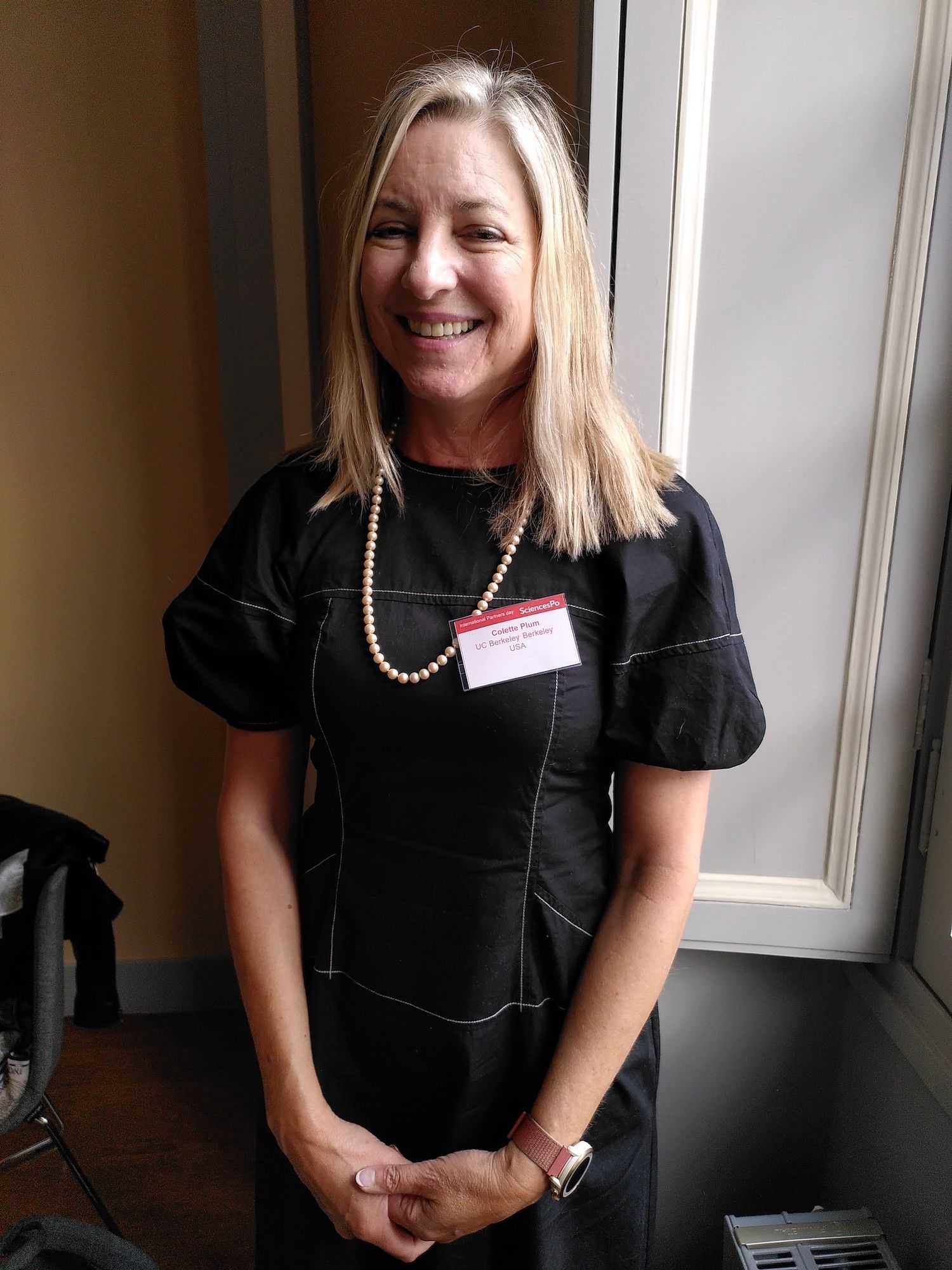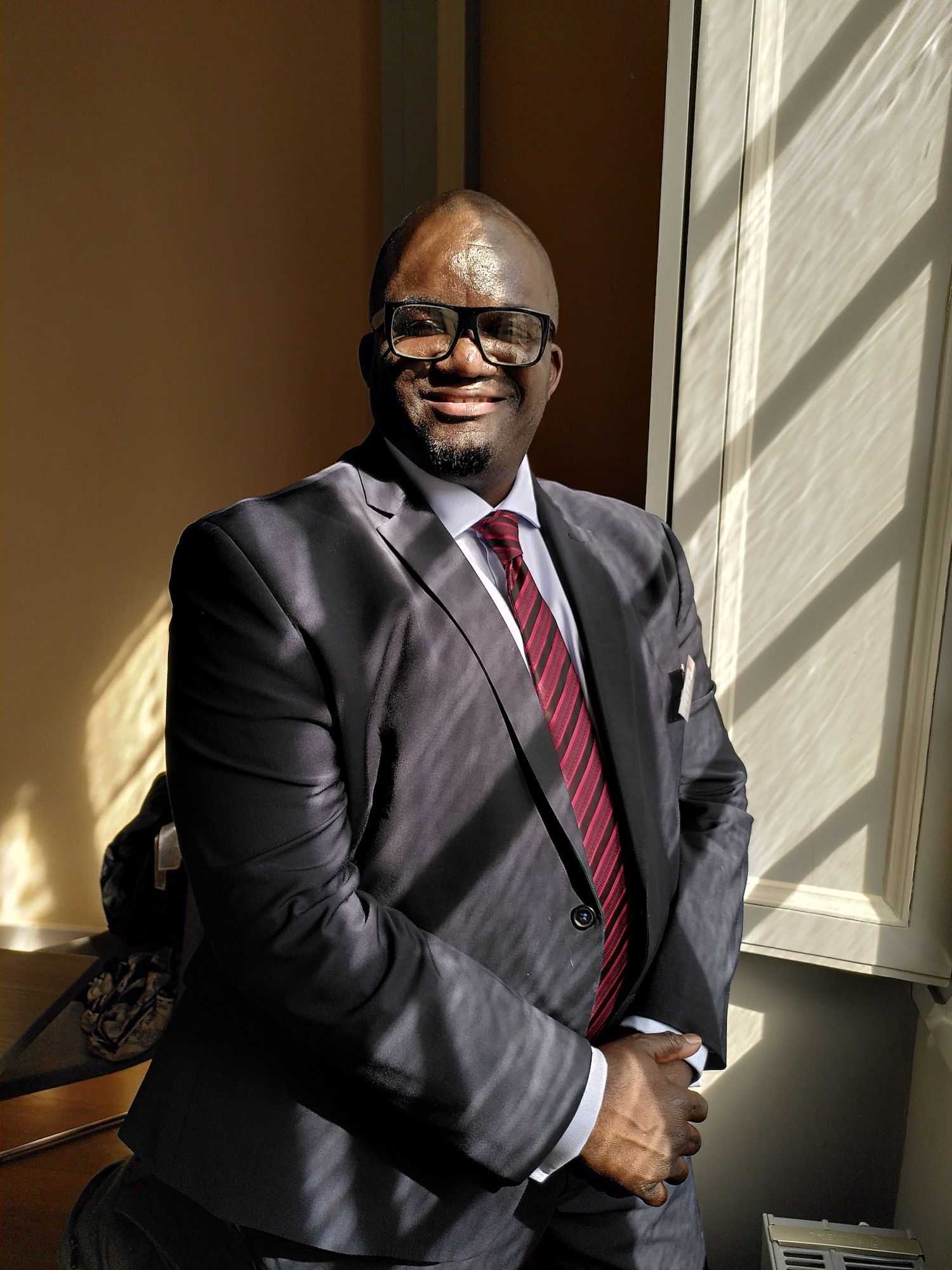Home>Internationalisation in Higher Education: Sciences Po Hosted 60+ Partner Universities From 25 Countries

17.09.2024
Internationalisation in Higher Education: Sciences Po Hosted 60+ Partner Universities From 25 Countries
On 17 September, the European Association for International Education (EAIE), a network of over 6,000 international higher education professionals, is hosting its 34th annual conference in France, in the sunny city of Toulouse. What better opportunity to invite our international partners upon their arrival in Paris?
60+ participants from all over the world
They came from Canada, Japan, Senegal, Ukraine: over sixty participants from 25 countries attended our International Partners Day at the Saint Thomas campus in Paris. Held on 16 September, the event has been designed by Sciences Po International Affairs Office, and its Director Jeremy Perelman, as a forum for dialogue and debate among colleagues from world-renowned universities.
Four workshops took place:
- Studying on our regional campuses with a focus on Menton and Reims,
- Internationalisation in higher education with the example of our third year abroad,
- European alliances with the case study of our CIVICA alliance,
- Diversity and inclusion in higher education.
UC Berkeley, LSE, NUS: feedback from 3 of our partners
Sciences Po's International Policy
For over 25 years, Sciences Po has led an ambitious international policy, among its many pillars:
- A network of 480 partnerships with universities around the world, that feeds on reciprocity and the will to address together emerging issues.
- A highly internationalised student body. 50% of our students come from outside of France, with 150 nationalities represented among our 15,000 students. All undergraduate students must also complete their third year abroad.
- Our world-class research, led by 300 permanent faculty members, 320 PhD candidates, and 100 visiting faculty every year. Standing out by their extensive range of approaches, Sciences Po researchers are acknowledged through awards and support such as the European Research Council Starting Grants.



